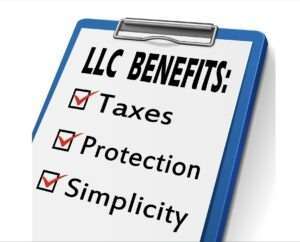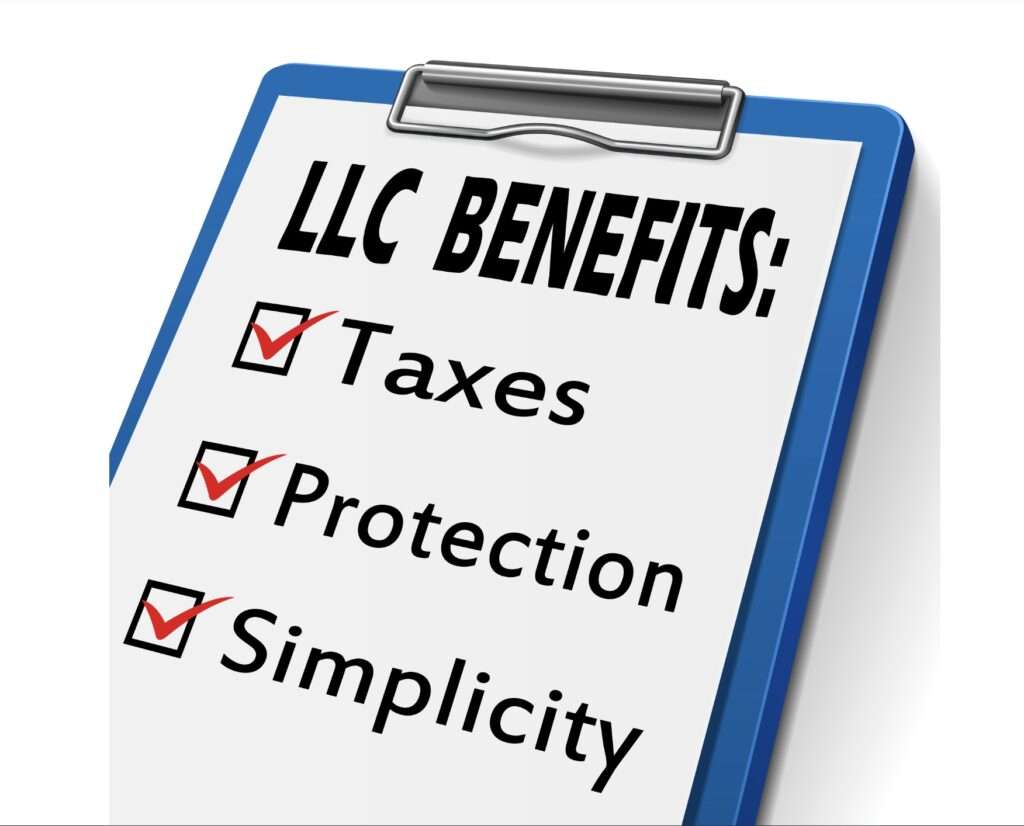As an entrepreneur gearing up for venture capital financing, the structure you choose for your startup can significantly impact your ability to raise funds, your tax obligations, and your flexibility in managing the company. Understanding the differences between an LLC, S Corporation, and C Corporation is crucial in setting your business up for success. Here’s a comprehensive guide to help you navigate your company formation strategies and options.
Understanding Company Formation Strategies and Options
Before diving into venture capital meetings, it’s essential to lay the proper groundwork with the right business structure. Each type of entity—LLC, S Corporation, and C Corporation—offers distinct advantages and considerations.
1. LLC (Limited Liability Company)
Advantages:
- Flexibility in Management: LLCs offer a flexible management structure, which is ideal for startups that prefer less formal requirements when considering company formation strategy.
- Pass-through Taxation: Profits and losses can pass through to your personal tax return, avoiding the double taxation faced by C Corporations.
- Limited Liability Protection: Protects your personal assets from business debts and claims.
Considerations:
- Self-Employment Taxes: Members of an LLC are subject to self-employment taxes, which can be higher than corporate taxes, and this is a key consideration when considering company formation strategy for a technology startup.
2. S Corporation
Advantages:
- Tax Advantages: Like LLCs, S Corporations enjoy pass-through taxation, but with the added benefit of potentially lower self-employment taxes due to payroll setup.
- Investment Attractive: Can be attractive to investors due to recognizable structure and potential tax benefits.
Considerations:
- Restrictions on Ownership: S Corps have restrictions on the number and type of shareholders, which might not be ideal for startups planning to go global or those expecting to have a large number of investors.
3. C Corporation
Advantages:
- Raising Capital: Preferred by venture capitalists due to its ability to issue multiple classes of shares and unlimited number of shareholders.
- Corporate Tax Rate: Benefits from a flat corporate tax rate, which can be advantageous depending on your profits.
- Employee Benefits: Can offer stock options and ownership benefits more easily than other structures.

- Double Taxation: Profits are taxed at both the corporate level and again as dividends to shareholders.
- Complexity in Management: Requires adherence to more rigid operational processes, including annual meetings and recorded minutes.
Aligning Your Business Structure with Venture Capital Goals
When preparing for venture capital financing, consider how investors perceive each type of business structure:
- Venture capitalists may favor C Corporations due to their familiar structure, ease of investment without affecting shareholder status, and straightforward share distribution.
- LLCs and S Corporations might be suitable for smaller investment rounds or specific types of investors who prefer pass-through taxation benefits.
Company Formation Strategy Guidance
Choosing the right business structure is a foundational decision for your startup. The implications of this choice extend beyond taxation to include your ability to raise capital, attract employees, and grow efficiently.
Plan for Success with Expert Legal Guidance
At L.A. Tech and Media Law Firm, we specialize in guiding startups through the complexities of company formation and venture capital financing. Don’t navigate this critical decision alone. Contact us today to schedule a consultation and ensure your business is built on a solid legal foundation. Let us help you choose the optimal structure that aligns with your business goals and prepares you for successful venture capital investment.


